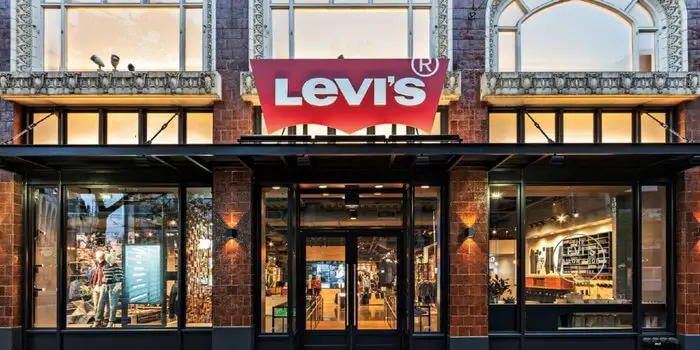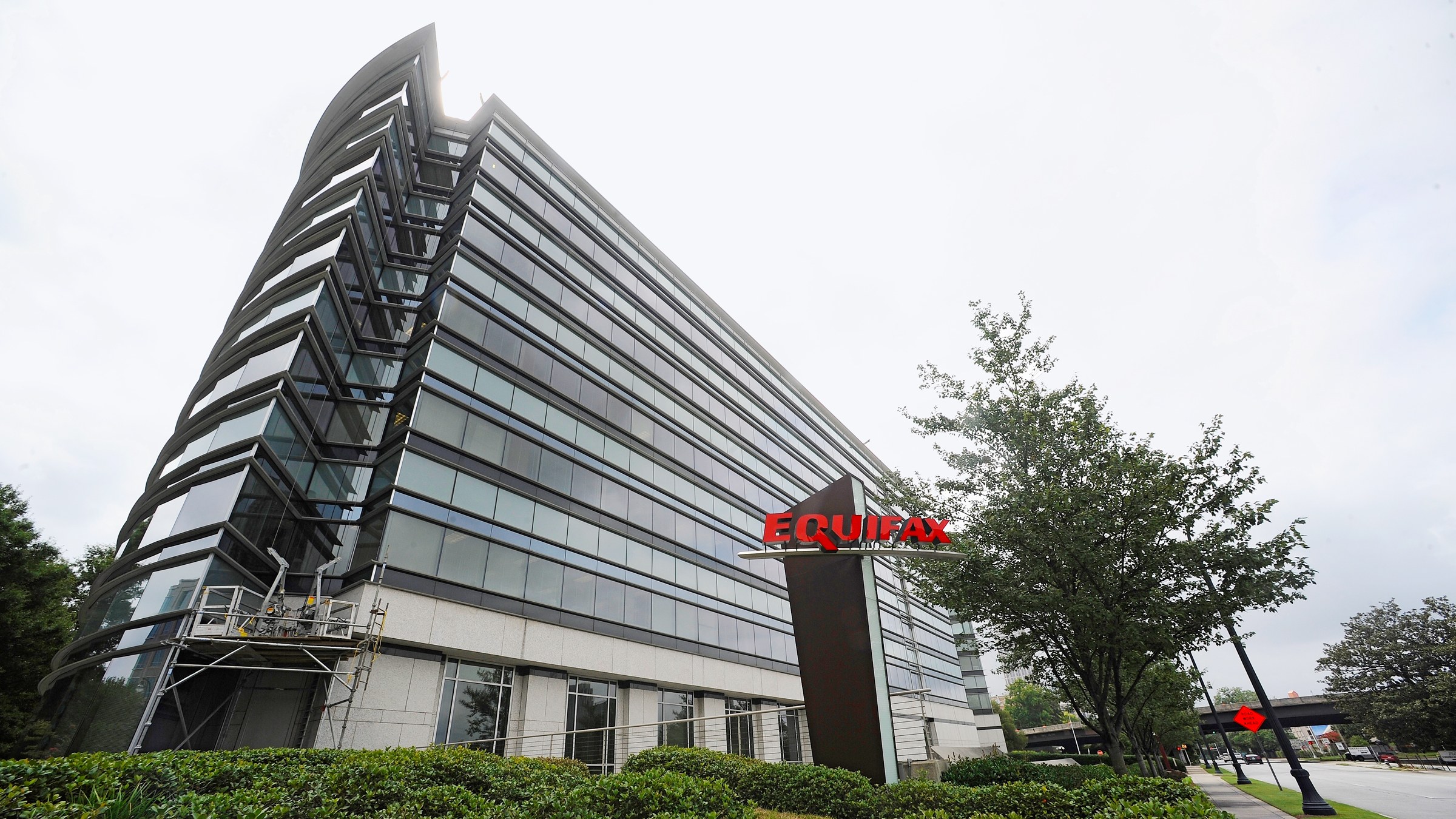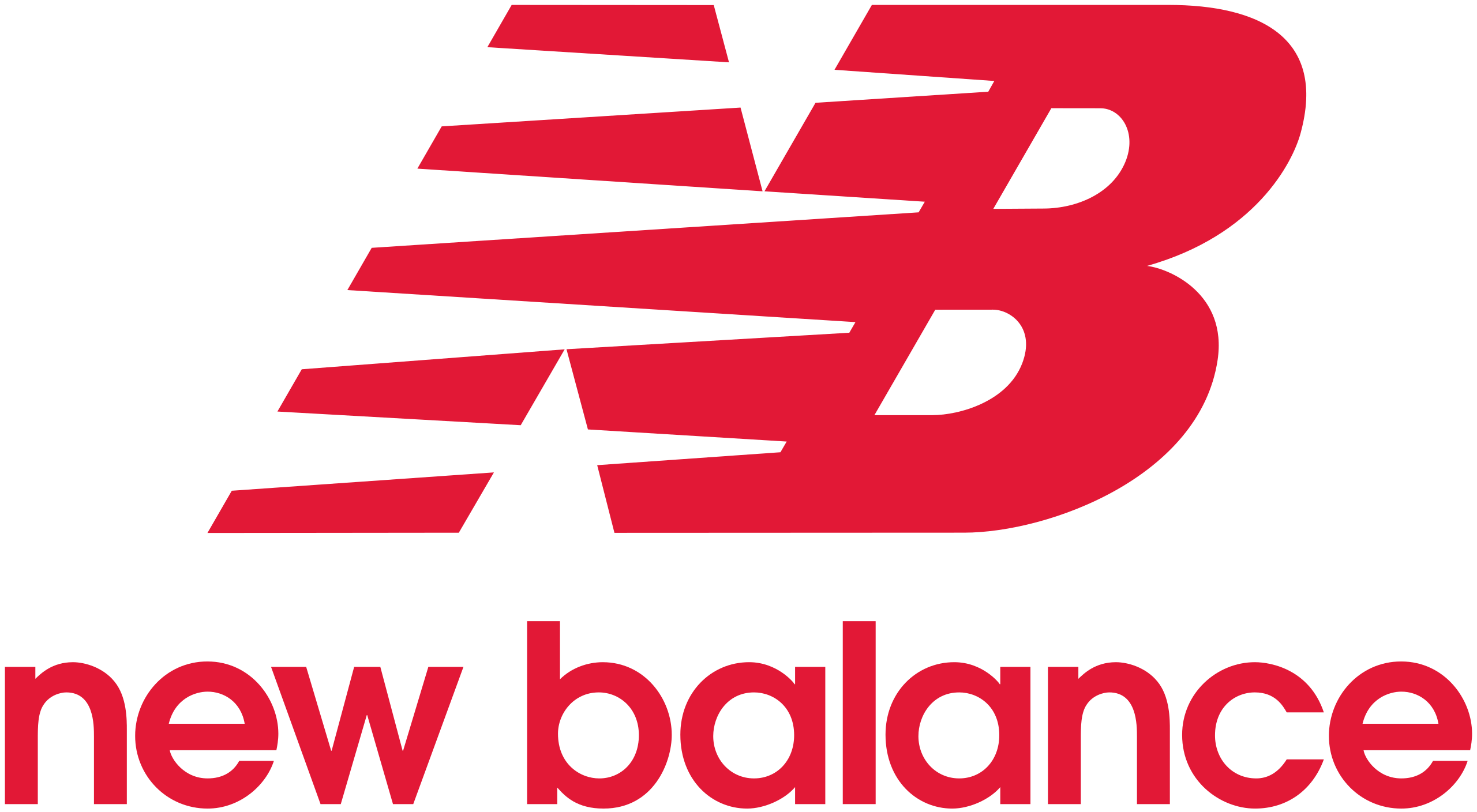Levi’s Mission Statement & Vision Statement Analysis

Levi’s mission statement is, “ To sustain responsible commercial success as a global marketing company of branded apparel.” We must balance goals of superior profitability and return of investment, leadership market positions, and superior products and service.
We will conduct our business ethically and demonstrate leadership in satisfying our responsibilities to our communities and to society. Our work environment will be safe and productive and characterized by fair treatment, teamwork, open communications, personal accountability and opportunities for growth and development.
This corporate mission evidently shows what the company portrays what it strategically do and be the industry leader worldwide. The following are the main characteristics of Levi’s mission statement:
- Global success
- Product excellence
- People empowerment
The first component of the corporate mission statement is the core of the company’s
desire to attaining superior profitability and high rates of the return of investments resulting in Levi’s being the leader in the branded apparel industry. This best describes the company’s products in being “the most creative, innovative and profitable,” Levi’s & Co. implies leadership through its products.
The second component of the Levi’s statement specifies the target market, which in this case involves the satisfaction of the community and the society as a whole in the purchase and use of their product which is done with high ethical conduct and social responsibility which motivates customers and gets their trust and loyalty.
The third component of the corporate mission states that Levi’s will be able to fulfill its corporate mission by attracting sufficient talent with safe and productive work environments and characterized by good human resource administration such as giving fair treatment, teamwork, open communications, personal accountability and opportunities for growth and development.
Introduction
Levi’s corporate mission statement and corporate vision statement reflects the leadership and success in the branded apparel industry and related industries.
Levi’s mission and vision statement contributes to the company’s status as one of the largest apparel manufacturing brands in the world. This success is attributed to its strict business ethics and innovation and designs that supports the brand, which is one of the major business strengths identified in the SWOT Analysis of Levi’s.
The company’s corporate mission and vision statement motivates the employees to support and contribute to the organizational direction of balancing goals to superior profitability and return of investment and reach the corporate vision. For example, the company emphasizes that target customers must be given superior products which in effect satisfies their needs which results in product loyalty.
In relation, the company’s vision statement represents the company’s efforts in addressing business opportunities in the branded apparel industry.
Vision Statement
Levi’s vision statement is, “We are the embodiment of the energy and events of our times, inspiring people with a pioneering spirit.” This vision statement depicts Levi’s Co.’s developmental path as the company maintains its position as on the leaders in the branded apparel industry in the world. The following are the main components of Levi’s vision statement:
- Energy embodiment
- Events
- Inspiration
The first component of the corporate vision statement partly defines the Levi Strauss &
Co.’s description of the future of company as the building block on the foundation they inherited.
The second component of Levi’s vision statement shows their affirmation of the company’s tradition, closing gaps that may exist between principles and practices and updating some of their values to reflect contemporary circumstances.
The third component upholds the commitment of offering products that are right for every generation and to seek to reflect on the voices of the communities where they have a business presence.
Core Values
Levi’s core values comprise “innovation, sustainability, progress, originality, integrity, courage, empathy, creativity and hard work.” This is reflective of the Levi’s long standing tradition of community involvement and employee volunteerism that continues to this day which has the following main factors:
- Innovation
- Sustainability
- Progress
- Originality
- Integrity
- Courage
- Empathy
- Creativity
- Hard work
The first component provides that Levi’s started the tradition of being an apparel innovator and still upholds the commitment of offering products that are right for every generation.
The second component is the company survived for the past 165 years because they believed that profits through principles and everything that they do
The third component is evidently manifested in the continuing global expansion of the business through new Levi’s locations worldwide.
The fourth component shows how the company has shown its adjustment to new trends in society by acquiring more companies, creating more brands, and applying traditional brands to different kinds of apparel.
In the fifth component, it has shown its high moral standards by having a quality of honesty incorporated with strong moral principles. In the process of
The seventh component indicates strategic efforts that includes Levi’s corporate social responsibility for improving people’s lives and contributing to social prosperity with a genuine concern for people and a recognition of the people that make the business successful.
The eighth component is based on the company’s ability to provide the technology in branded apparel that is fit for the clothing need of the customer.
The ninth component is the assurance that the Levi’s does its best to achieve their financial goals through diligence and strategies that is manifested by good management practices.
Therefore, Levi’s Co. ‘s corporate values shows how the company wants to achieve its mission and vision with good ethical and moral standards.
References
Aboiodun, A.J. (2010). Interface Between Corporate, Vision, Mission and Production and
Operations Management. Global Journal of Management and Business Research, 10(2),
pp. 18-22.
King, D. L., Case, C. J., & Premo, K.M. (2014). “Does Company size affect mission statement
content?”. Academy of Strategic Management Journal, 13(1), p. 21.
Kirkpatrick, S. (2016). Build a Better Vision Statement: Extending Research With Practical
Advice. Rowman & Littlefield.
Levi’s Mission and Vision and Values Statement
Pace, S. (2017). Shaping Corporate Brands: From Product Features to Corporate Mission.
International Studies of Management & Organization, 47(2), 197-2015.
Salem, K.A. (2012). Mission, Purpose, and Ambition: Redefining the Mission Statement. Journal
of Strategy and Management, 5(3), pp. 236-251.
Slack, F.J., Orife, J. N., & Anderson, F.P. (2010). Effects of Commitment to Corporate Vision on
Employee Satisfaction with Their Organization: An Empirical Study in the United States.
International Journal of Management, 27(3), p. 421.











